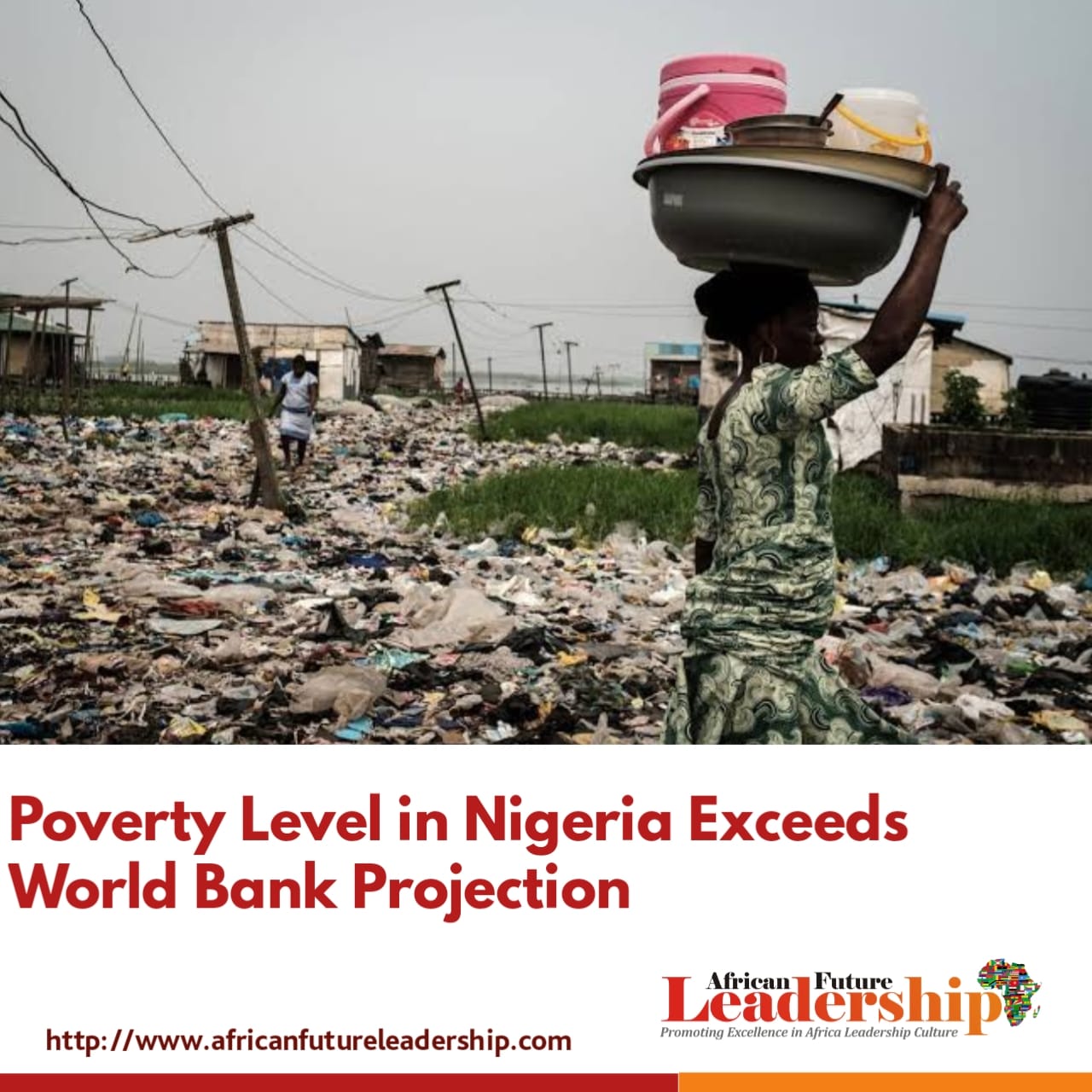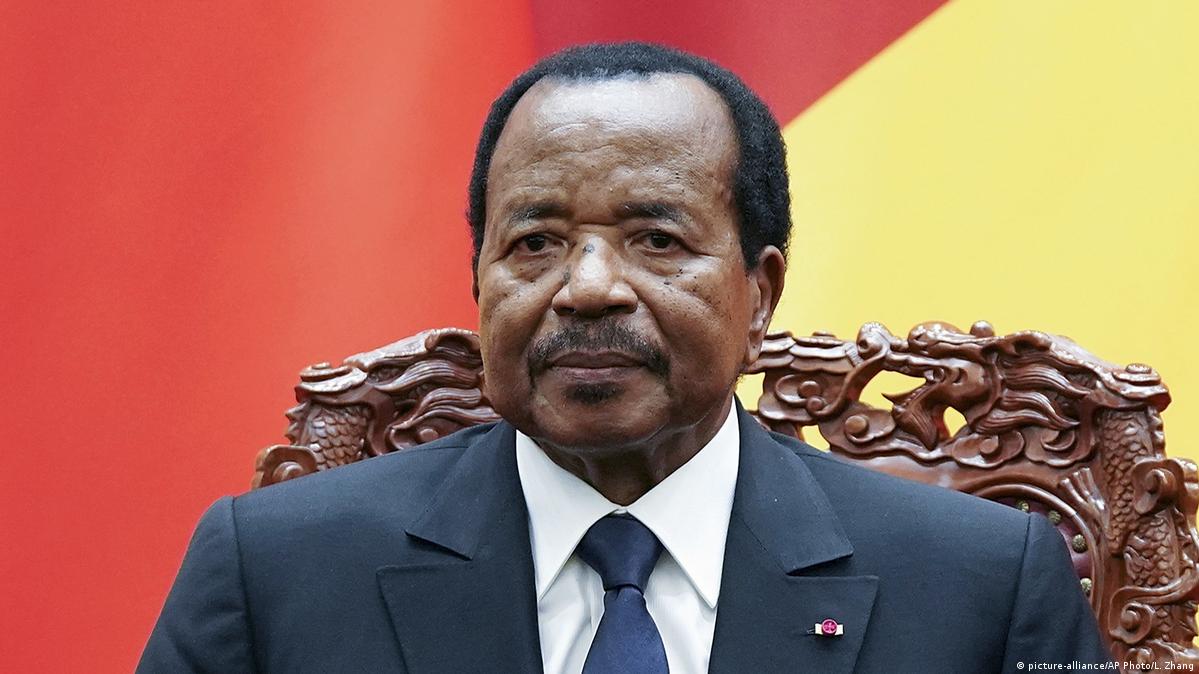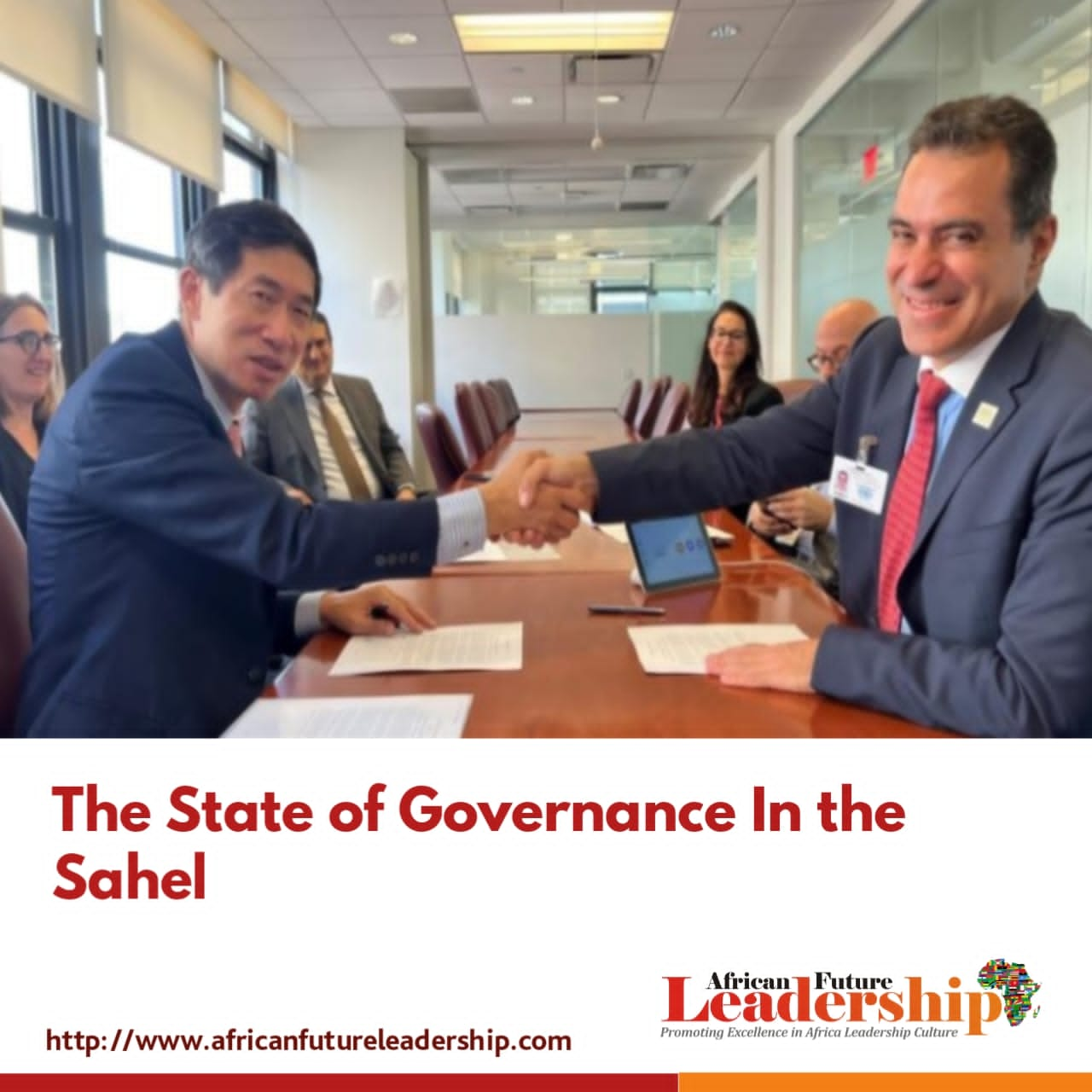It has been disclosed by the National Bureau of Statistics (NBS) that 133 million Nigerians are laterally, and multi-dimensionally poor.
The NBS, in its latest National Multidimensional Poverty Index report launched on Thursday, said that 63 per cent of Nigerians were poor.
This, according to it, is due to a lack of access to health, education, living standards, employment and security.
Interestingly, the Multidimensional Poverty Index offers a multivariate form of poverty assessment, identifying deprivations across health, education, living standards, work and shocks.
Mr. Semiu Adeniran, the NBS CEO/Statistician-General of the Federation, said this was the first time the bureau would conduct a standard multidimensional poverty survey in Nigeria.
In his words, “The survey was implemented in 2021 to 2022 and it is the largest survey with a sample size of over 56,610 people in 109 senatorial districts in the 36 states of Nigeria.”
READ MORE:Africa Wants Climate Reparations Now and Debt Help – Creecy
He stated further that, “Unlike the Global MPI which uses three dimensions (Health, Education and Living Standards), we added a fourth dimension, Work and Shocks in the 2022 MPI Survey. This fourth dimension as well as other added variables such as food security, water reliability, underemployment, security shocks and school lag, were all added to reflect the current realities and priorities in Nigeria.”
Thus, the 133 million poor Nigerians recorded by the NBS exceeded the World Bank’s projection for Nigeria in 2022.
In this regard, the World Bank, which said that poverty reduction stagnated since 2015 under the regime of the President, Major General Muhammadu Buhari (retd.), projected that the number of poor Nigerians would hit 95.1 million in 2022.
Incidentally, this projection had been made in its report titled, ‘A Better Future for All Nigerians: 2022 Nigeria Poverty Assessment.’
And this report had read, “The COVID-19 crisis is driving up Nigeria’s poverty rate, pushing more than five million additional people into poverty by 2022. With real per capita GDP growth being negative in all sectors in 2020, poverty is projected to have deepened for the current poor, while those households that were just above the poverty line prior to the COVID-19 crisis would be likely to fall into poverty.
Hence, “Were the crisis not to have hit (the counterfactual scenario), the poverty headcount rate would be forecast to remain virtually unchanged, with the number of poor people set to rise from 82.9 million in 2018/19 to 85.2 million in 2020 and 90.0 million in 2022, due largely to natural population growth.
However, “Given the effects of the crisis, the poverty headcount rate is instead projected to jump from 40.1 per cent in 2018/19 to 42.0 per cent in 2020 and 42.6 per cent in 2022, it implies that the number of poor people was 89.0 million in 2020 and would be 95.1 million in 2022. Taking the difference between these two scenarios, the crisis alone is projected to have driven an additional 3.8 million Nigerians into poverty in 2020, with an additional 5.1 million living in poverty by 2022.”
Therefore, the rising poverty also defies the government’s plan to lift 100 million Nigerians out of poverty in 10 years.
Incidentally, in August 2019, Buhari said his regime would lift 100 million Nigerians out of poverty between 2020 and 2030, which means that an average of 10 million Nigerians would be lifted out of poverty each year.
So, in June 2021, Buhari inaugurated the National Steering Committee of the National Poverty Reduction with Growth Strategy chaired by Vice President Yemi Osinbajo.
It is the president’s opinion that this re-echoed his commitment to lift 100 million Nigerians out of poverty in 10 years, with a well-researched framework for implementation and funding.
Thus, the president was quoted in a statement by his Special Adviser on Media and Publicity, Femi Adesina, as saying, “If India can lift 271 million people out of poverty between 2006 and 2016, Nigeria can surely lift 100 million out of poverty in 10 years. Fortunately, we have already started but we need to unlock the challenges of slow implementation, inappropriate targeting and absence of adequate resources.”
As fast back as October last year, the World Bank Lead Economist for the Middle East and North Africa region’s Poverty Reduction and Economic Management Group, Tara Vishwanath, had described the goal of the Nigerian president to lift 100 million Nigerians out of poverty in 10 years as ambitious.
She stated that the ambitious goal could only be feasible if certain swift policies were put in place to provide opportunities in the labour market and boost investors’ confidence.
In the same vein, World Bank economists, Jonathan Lain and Jakob Engel, said in a blogpost on the bank’s website that rising inflation, persistent population growth, the COVID-19 pandemic and war in Ukraine were threatening Nigeria’s poverty reduction aspiration. And quite sadly, there doesn’t seem to be a ready solution in sight to bring the vast, unimaginable proportion of Nigerians out of poverty, today.




